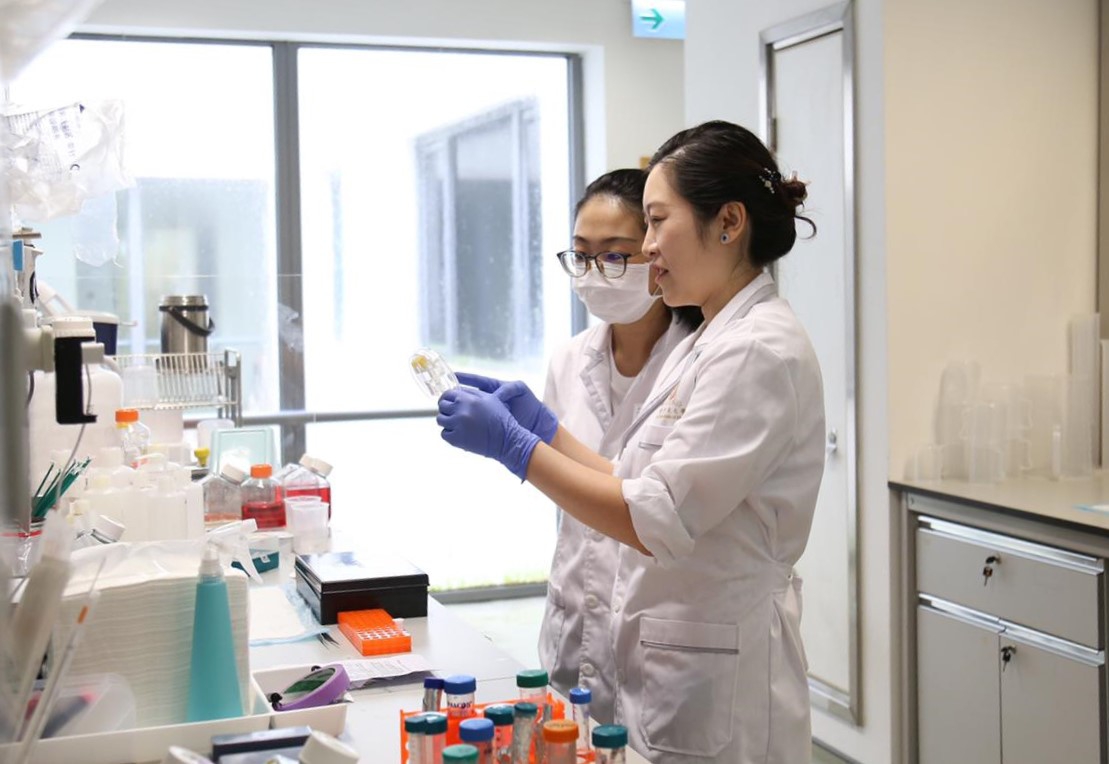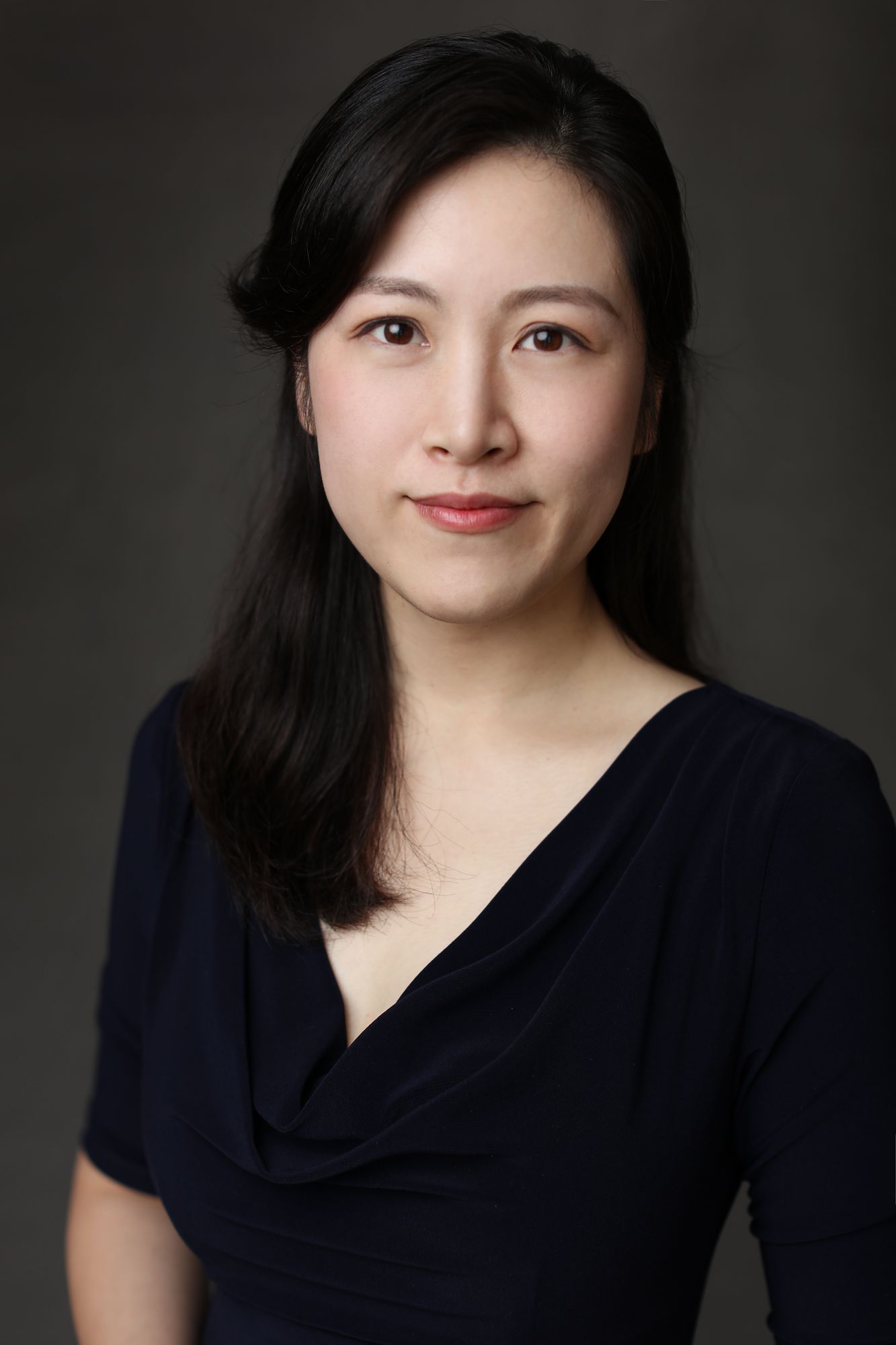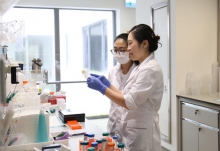News Centre
CUHK Young Scientist Receives National Funding on Stem Cell Research
A team of young researchers led by Professor JIANG Yangzi, Research Assistant Professor at the Institute for Tissue Engineering and Regenerative Medicine (iTERM) and the School of Biomedical Sciences (SBS) at The Chinese University of Hong Kong (CUHK), has recently been granted funding from the National Key Research and Development (R&D) Programme. It is the first team in Hong Kong to receive national-level, cross-border research funding under the “Young Scientist Scheme” of the Programme. The team has been awarded a research grant of RMB 5.45 million (approximately HKD 6 million) for basic and preclinical research on the pathogenesis of osteoarthritis.
The National Key R&D Programme – “Stem Cells and Translational Medicine” – supported by the Ministry of Science and Technology (MOST), was first opened for applications from Hong Kong researchers in 2018. Specifically, the “Young Scientist Scheme” aims to support future research leaders under the age of 35 with a budget of RMB 6 million for a 5-year funding period.
The project which Professor Jiang leads, entitled “The Roles and Mechanism of Tissue-Specific Stem Cells in Osteoarthritis”, was approved for funding in 2019 and is the only “Young Scientist Scheme project” in the Hong Kong and Macao region funded by the National Key R&D Programme. Members of the research team include Professors LI Changjun and LI Yusheng at Xiangya Hospital, Central South University on the mainland, as well as researchers in stem cell and translational medicine, molecular biology, animal models, and clinical medicine. The objective of the project is to investigate the pathological mechanism of tissue-specific stem cells to design prevention strategies for osteoarthritis and other degenerative chronic diseases.
Osteoarthritis is the world’s largest disabling disease, affecting about 30% of adults and more than half of people over 65 years of age. The pain and inconvenience caused by osteoarthritis affect almost every family. At present, medicine can only be used to relieve symptoms. For example, exercise and physical therapy are used to improve physical function in the early stage of the disease, and drugs and surgery are used to debride, relieve pain and for anti-inflammatory in the middle stage of the disease. In the end stage, artificial joints are implanted to improve the patient’s quality of life. Due to relatively limited knowledge of pathology in the early stage of osteoarthritis, there are few clinical prevention and treatment methods for the early stage of the disease.
Professor Jiang said, “This research is based on our long-term accumulation in the basic and clinical research on pathogenesis of osteoarthritis, and adult tissue-specific stem cells. We hope to reveal a new pathogenesis mechanism of osteoarthritis, and to find new therapeutic targets for future treatments. It is a great honour to receive this grant from the Ministry of Science and Technology, which brings outstanding young medical scientists and teams from different cities together in the same direction. We will continue to work hard to challenge the impossible, and hope this research will benefit more patients in the future.”
The cell and molecular components of the project will be conducted in iTERM and SBS of CUHK, which also houses the Ministry of Education Key Laboratory for Regenerative Medicine. Collaborative research will be carried out in the International Joint Research Center for Medical Metabolomics, the Key Laboratory of Hunan Province in Tissue Aging and Regeneration/Bone, and the Key Laboratory of Joint Injury and Degeneration of Xiangya Hospital.



